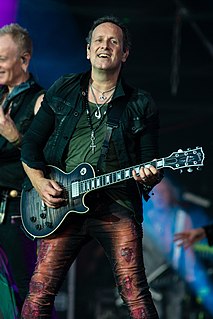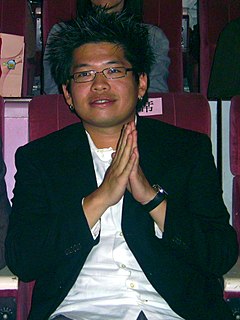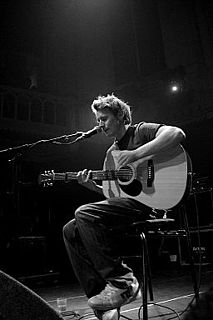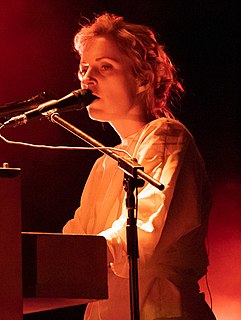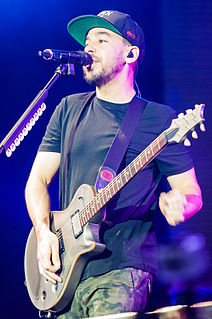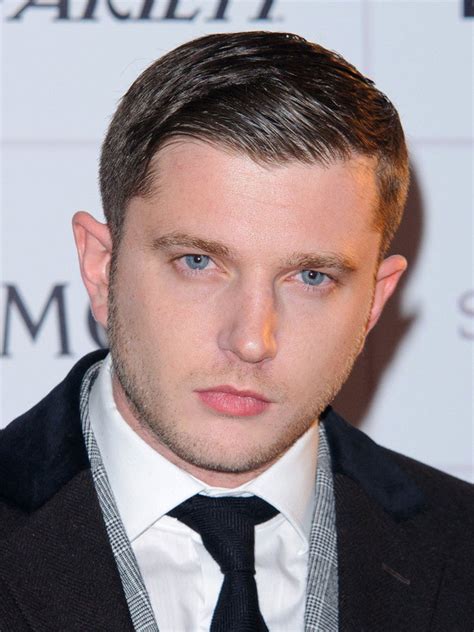A Quote by Ken Burns
I record all of my music with authentic instruments in a studio before we start editing, doing many, many versions. The music shapes the film as we edit so it has an organic relationship to the content.
Related Quotes
Early American music and early folk music, before the record became popular and before there were pop stars and before there were venues made to present music where people bought tickets, people played music in the community, and it was much more part of a fabric of everyday life. I call that music 'root music.'
I think of myself as a jazz player, and my music as a natural extension of the jazz tradition. What I'm doing is completely free improvisation ('composing in real time') with nothing predetermined. I've had a lot of experience playing many different kinds of music and several different instruments, and since I tend not to waste anything, it all shows up somewhere in the music I'm playing now.
I think my music being referred to as "cinematic" has a lot to do with people just not being used to listening to instrumental music without watching a film. I'm still pretty convinced of that. You'll play Chopin in place of something average and like, "Wow, that'd be great in a film." People say it every time, swear to God. I don't think people have a good relationship with instruments and music anymore. But it's definitely visual; I started writing with this band because of the pictures. I can't really deny it either, you know?
I love the way I make hip-hop and I refuse to make pop-rap. I don't refuse to make mainstream music, which is why I did a soul record. There was no reason why soul music couldn't get played on the radio and I still wanted to have a relationship with my record label. So, I really enjoyed doing the Strickland Banks album. But there's no point in my trying to release underground hip-hop music on a major label. That part of my talent, or part of my art, had to live somewhere else and feature film was the perfect vehicle for it.

